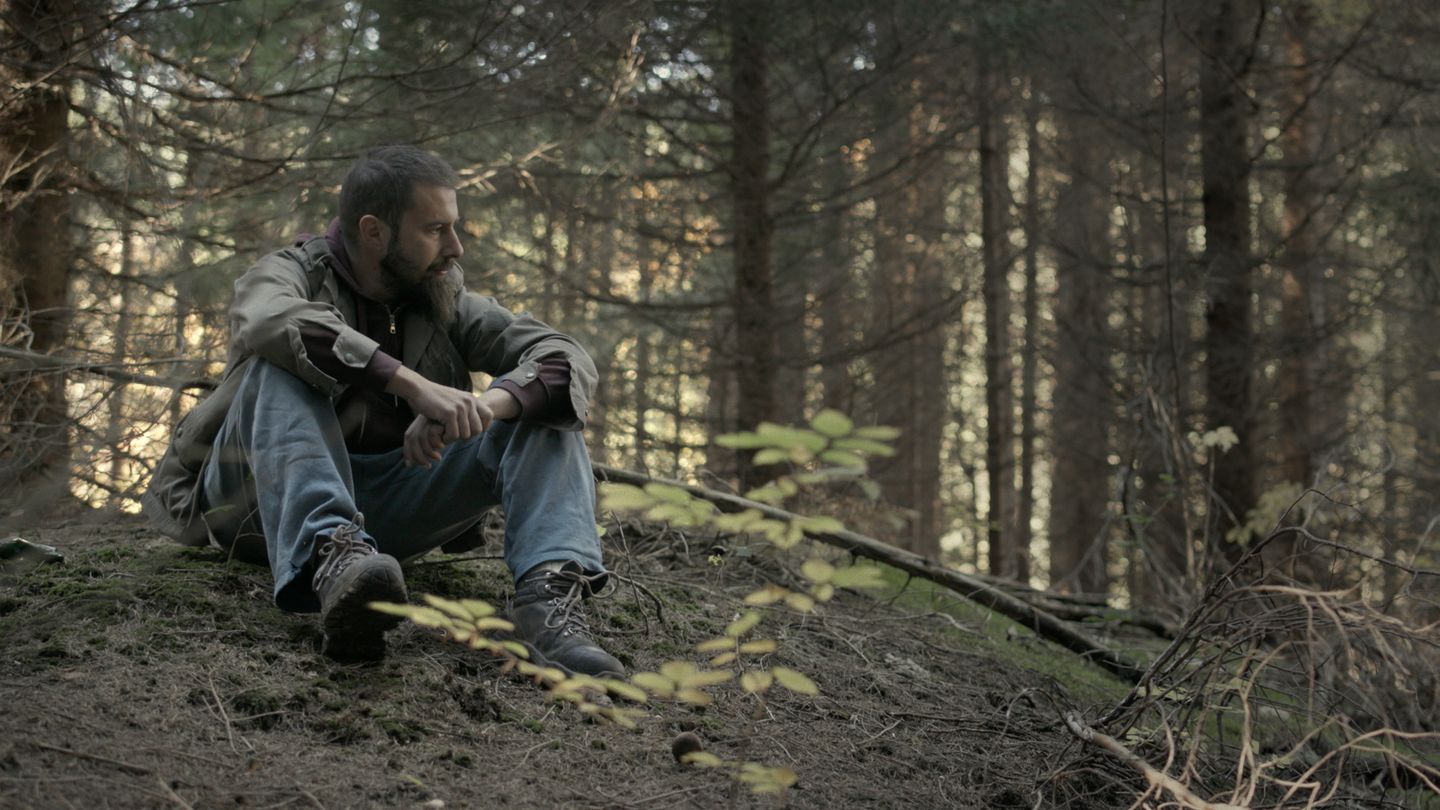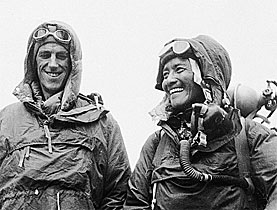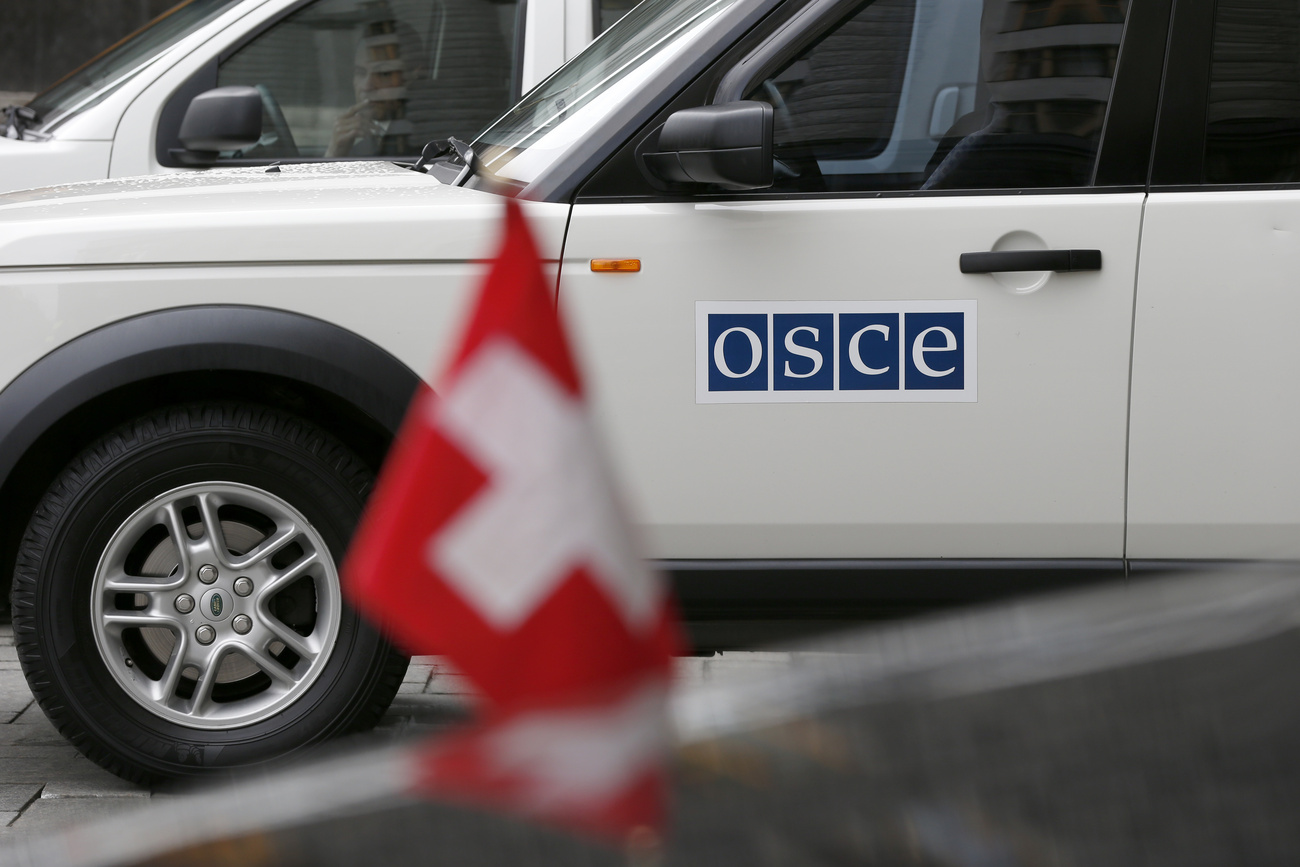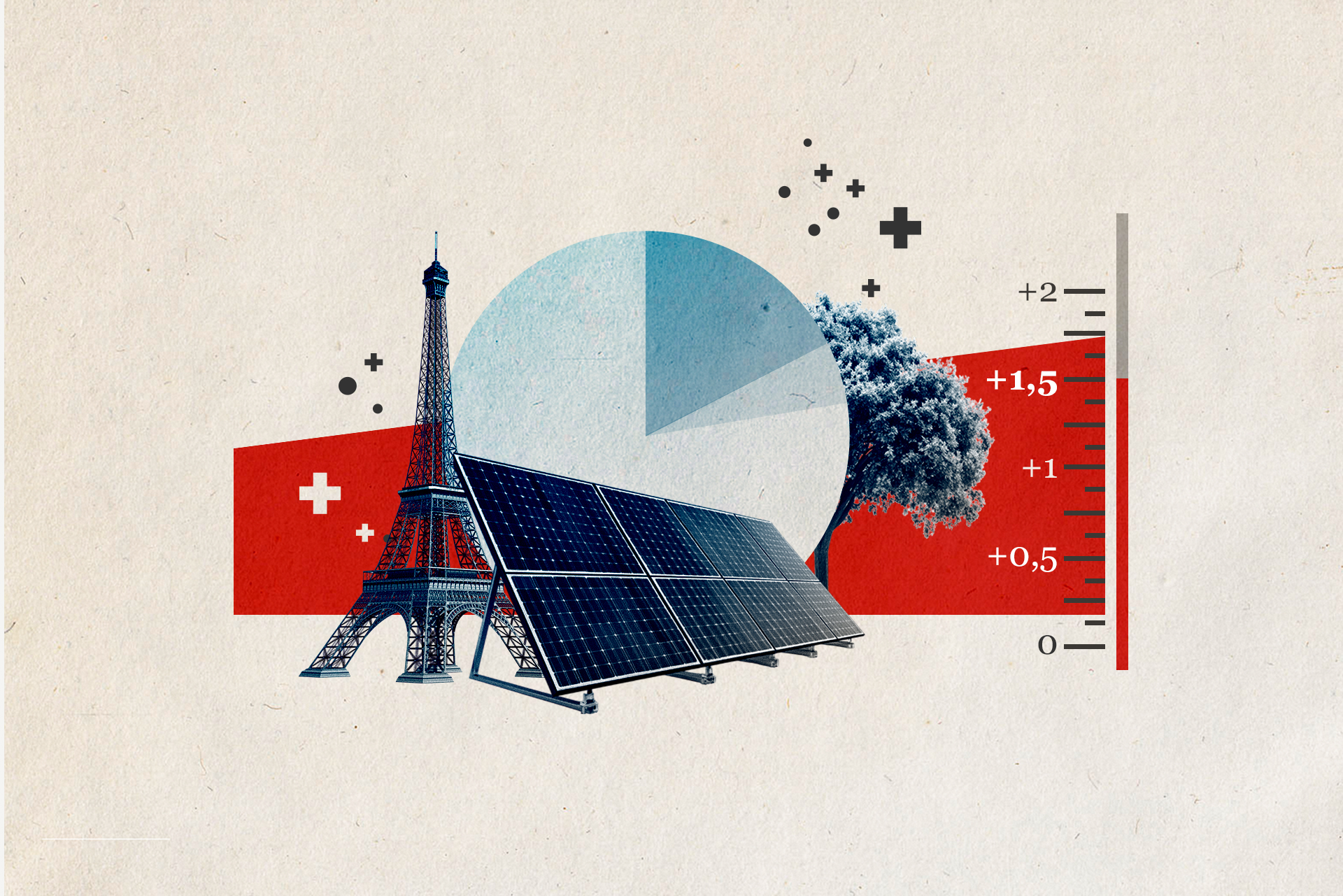
Swiss climbers remember Edmund Hillary

The death of Sir Edmund Hillary is one of last chapters in the conquest of Mount Everest, whose summit the New Zealander reached in 1953 with Tenzing Norgay.
For Swiss mountaineers past and present, Hillary was not just a pioneer thanks to his famous ascent, but someone who put his fame to good use.
Hillary, who died on Friday of a heart attack aged 88, completed his successful Everest climb on May 29, 1953, earning renown as one of last century’s greatest adventurers.
New Zealand Prime Minister Helen Clark said in statement that he was a colossus. “He was a heroic figure who not only ‘knocked off’ Everest but lived a life of determination, humility, and generosity.”
For the Swiss, Hillary’s success was bittersweet. Exactly one year before, a Swiss team of mountaineers narrowly failed in their attempt to reach the summit, but blazed a path along the south face for the British expedition to follow.
But Ernst Reiss, a member of that expedition, told swissinfo there were no regrets.
“It was me that took the decision to stop and turn back. The wind and weather conditions were relentless… the skin on our faces was white and freezing. I knew that if we hadn’t stopped we would have died in half an hour,” he said.
“Afterwards, some people said it was because I was scared. But that’s not true and I don’t regret my decision.”
Acknowledging the Swiss effort, Hillary’s team sent a telegram after peaking: “To you goes half the glory.”
Pioneering role
Modern-day mountaineers such as Thomas Zwahlen recognise Hillary’s contribution.
“He and Tenzing were pioneers in reaching the summit,” he told swissinfo. “But he did benefit from the Swiss expedition’s experience.”
Zwahlen said that for him the New Zealander’s success was not really surprising.
“He was prepared, he was a good climber and luck was on his side,” the Bernese guide added. “If he had been 30 today, he would have been one of the best climbers around.”
For Zwahlen, who says he was more influenced by Swiss climbers who reached the summit in 1956, it’s hard to say if Hillary and Tenzing were heroes. “I prefer to think that anyone who survived an expedition to that area was heroic,” he said.
What most specialists point out is that Everest was conquered with equipment climbers today would not even consider. Climbing gear has improved vastly from what was little more than army-issue boots and clothing.
The mountain’s allure, its mythical status even before someone reached the top, means mountaineers are still drawn to it. Too many people are probably spoiling Everest, admits Zwahlen, who himself reached the summit in 2003.
But he says that even if many people think they can beat Everest and reach base camp, few still actually make it to the top.
Fundraising efforts
For the Bernese guide Hillary’s greatest contribution is often overlooked.
“He put his fame to good use, unlike many other people,” he said. “His work [in favour of the Sherpas] was important, not just his climb.”
Known by the Nepalese as “burra sahib” – “big man” – for his 1.88-metre frame, Hillary spent decades pouring energy and resources from his own fundraising efforts into Nepal through the Himalayan Trust he founded in 1982.
His foundation helped build hospitals, health clinics, airfields and schools, and raised funds for higher education for Sherpa families.
In 2003 the government conferred honorary Nepali citizenship on Hillary in recognition of his services to the people and the Solukhumbhu region where Mount Everest is located.
swissinfo, Scott Capper with Gillian Zbinden
June 1924: George Mallory and Andrew Irvine disappear while attempting the first ascent of Everest.
May 29, 1953: Sir Edmund Hillary and Nepalese Sherpa Tenzing Norgay become the first people to summit Mount Everest, after climbing up the mountain’s southeast ridge.
May 16, 1975: Junko Tabei of Japan becomes the first woman to summit Mount Everest.
May 8, 1978: Italian Reinhold Messner and Austrian Peter Habeler become the first climbers to ascend Everest without supplemental oxygen.
August 20, 1980: Messner completes the first solo climb of Mount Everest.
May 10-11, 1996: Eight climbers die in a freak storm as they climbed Everest. The disaster made global headlines and raised questions about the commercialisation of the world’s highest peak.
May 15, 2006: British mountaineer David Sharp perishes near the summit of Everest, triggering a worldwide controversy over climbing ethics after it is revealed that several climbers passed the dying man and made no attempt to save him.
Beekeeper: Born in Auckland in 1919, Hillary followed in his father’s footsteps after school and became a beekeeper. This summer job allowed him time to climb mountains in the winter.
Knighthood: As Hillary trekked away from his successful expedition up Everest in 1953, a runner arrived bearing a letter addressed to “Sir Edmund Hillary KBE”.
National hero: Many Kiwis affectionately call Hillary “Sir Ed” and believe his earthy directness and dry humour epitomised the best in their countrymen. On announcing news of Hillary’s death New Zealand Prime Minister described him as a “quintessential Kiwi”.
Five-dollar note: Hillary became the first living New Zealander to appear a bank note in 1990.
Other achievements: After Everest, Hillary led a number of expeditions. He and son Peter, also a mountaineer, became the first to introduce jet boats to India’s Ganges during a 1977 expedition to find the great river’s source in the Himalayas. He returned many times to Nepal, dedicating his later years to improving life for people living in the mountains.

In compliance with the JTI standards
More: SWI swissinfo.ch certified by the Journalism Trust Initiative


























You can find an overview of ongoing debates with our journalists here . Please join us!
If you want to start a conversation about a topic raised in this article or want to report factual errors, email us at english@swissinfo.ch.